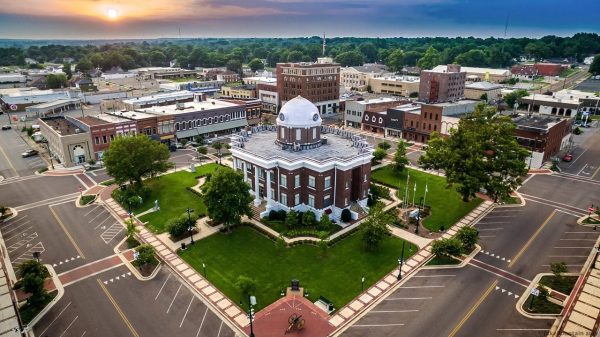Researchers Turn Attention to “Long COVID” Patients
May 3, 2021
As more people get vaccinated for COVID-19, it has now become more important to researchers to find the cause of a mysterious condition referred to as “Long COVID.” Sufferers of “Long COVID” are those who experience more severe symptoms of the disease after the period in which the disease usually passes. Interestingly, these people usually only suffered mild symptoms when they originally caught the disease, and they also tend to be younger. Many patients report feeling like they were improving for a month after their diagnosis, then having their symptoms reoccur with worsening “brain fog” and chest discomfort.
While these people are no longer infectious, it raises a concern to researchers as it may indicate that COVID-19 is capable of neurological damage, or perhaps leaving trace amounts of virus in the body in some people. Because of this, many people who suffer from the condition think they are sick again weeks or months after infection, only to be tested and receive a negative result. This indicates that this isn’t a reinfection, or at least one that isn’t detectable.
While it’s known that many people take longer to recover (some take 3-6 months to get back to normal levels of energy), some are taking 9 to 12 months, and are still experiencing symptoms of the disease. The source of this condition is unknown and puzzling to researchers, and interestingly, they have found that it occurs most frequently in those who did not initially have severe symptoms. “We’re seeing it from teenagers to people in their 50s. That may be because young healthy people are most troubled by the symptoms and most engaged in finding answers, or there may be something unique to the mechanisms of long COVID that affects these patients most. In our clinic, because we see adults, it’s mainly people 20s to 50s,” says Jason Maley, from Harvard Medical School.
It is expected for doctors to see long COVID patients for years to come, and researchers at Harvard Medical School are continuing to learn more about the causes and treatment of this disease.







